Delegates pressed the button to pass the law on the morning of June 24 - Photo: P.THANG
On the morning of June 24, with 418/423 delegates in favor, 1 delegate against, and 4 delegates not voting, the National Assembly passed the revised Law on Cadres and Civil Servants.
The newly passed law has 7 chapters with 45 articles. The law takes effect from July 1, 2025. The provisions on civil servant evaluation will be implemented from January 1, 2026.
The Law stipulates that by July 1, 2027 at the latest, ministries, branches, central and local agencies must complete the placement into job positions and ranks corresponding to job positions for civil servants recruited before the effective date of this Law within the scope of management as prescribed by this Law.
Sign contracts with businessmen and experts to perform certain leadership and management tasks.
Previously, Minister of Home Affairs Pham Thi Thanh Tra, on behalf of the Government, presented a report on receiving, revising and completing the draft Law on Cadres and Civil Servants (amended).
Minister Pham Thi Thanh Tra said the new law has added mechanisms for managing and using cadres and civil servants in a transparent and effective manner, in line with the requirements of administrative reform.
Specifically, supplement and complete regulations to transform the method of managing cadres and civil servants according to job positions, taking job positions as the center, on the basis of job position requirements and results and products of task performance to recruit, arrange, use, evaluate, train, plan, and appoint cadres and civil servants.
Perfecting the mechanism for attracting high-quality human resources and policies for talented people in public service to institutionalize Resolutions 57, 66 and 68 of the Politburo .
Accordingly, policies are prescribed for two groups of subjects, including the group attracting high-quality human resources to the public sector and the group of talented people in public service activities.
3 forms of attracting high-quality human resources outside the public sector, including: accepting into the civil service, signing contracts with typical and excellent businessmen, lawyers, good lawyers, experts, scientists to perform one or several tasks of leadership and management positions.
Signing contracts with high-quality human resources to perform one or several professional and technical tasks. The draft law also revises and supplements regulations on the obligations and rights of officials and civil servants to institutionalize breakthrough resolutions that are affirmed as the "Four Pillars" of national development.
It has added regulations on the responsibility of leaders in cutting administrative procedures related to people and businesses; at the same time, reviewing related contents to ensure comprehensiveness and consistency in the draft law; conditions for performing tasks, etc.
Use assessment results to implement additional income
The draft law also revises regulations on principles and conditions for registering for civil service recruitment and recruitment methods and authorities to innovate civil service recruitment in the direction that selected candidates must immediately meet the requirements of the job position, and after being recruited, they will be placed in the corresponding civil service rank; simplifying administrative procedures.
Supplement and adjust regulations on job positions and civil servant ranks to attract high-quality human resources from the private sector, encourage civil servants to develop in a professional and technical path without necessarily being appointed to leadership and management positions and titles.
The new law also revises and completes the contents on civil servant evaluation, clarifying the principles, authority, content, and methods of evaluating and classifying the quality of civil servants based on regular, continuous, multi-dimensional, and quantitative monitoring and evaluation using specific criteria associated with progress, quantity, and quality of results and products according to job positions.
Use assessment results to implement rewards, additional income, bonuses or consider placement in lower job positions or dismissal to screen out those who do not meet job requirements from the system.
The new law revises and supplements the contents on training and fostering according to job positions; rewards, disciplinary actions, authority to manage cadres and civil servants, promoting reform of the civil service regime, application of science and technology, and digital transformation in public service activities.
The new law also revises the regulations that commune-level cadres and civil servants under the current Law on Cadres and Civil Servants can be converted into cadres and civil servants under the new regulations of this law if they meet the standards and conditions on training level without requirements on working time, standards and conditions of civil servant ranks.
Those who are currently on probation will have their probation terminated and will be placed in a grade corresponding to their job position from the effective date of this law.
Supplementing regulations on transitional time for completing job placement and corresponding rank for civil servants recruited before the effective date of this law.
Tuoitre.vn
Source: https://tuoitre.vn/chinh-thuc-thong-qua-cac-quy-dinh-moi-ve-tuyen-dung-vi-tri-viec-lam-thu-nhap-cua-can-bo-cong-chuc-2025062408484352.htm#content


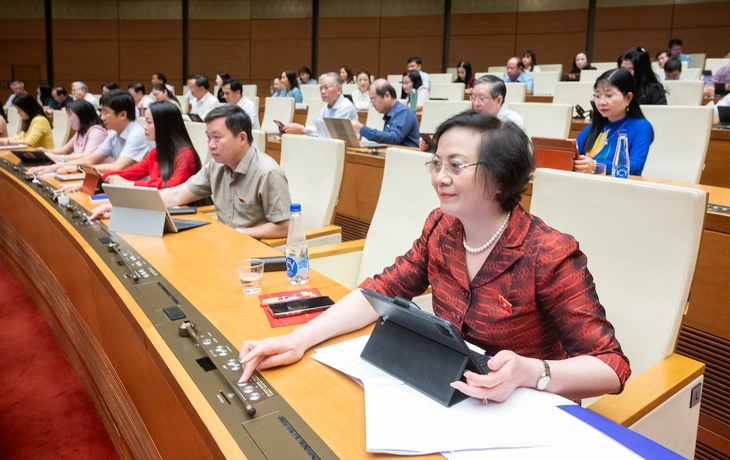


![[Photo] Close-up of modernized Thu Thiem, connecting new life with District 1](https://vphoto.vietnam.vn/thumb/1200x675/vietnam/resource/IMAGE/2025/6/24/d360fb27c6924b0087bf4f288c24b2f2)

![[Photo] The 9th Party Congress of the National Political Publishing House Truth](https://vphoto.vietnam.vn/thumb/1200x675/vietnam/resource/IMAGE/2025/6/24/ade0561f18954dd1a6a491bdadfa84f1)
![[Photo] General Secretary To Lam meets with the Group of Young National Assembly Deputies](https://vphoto.vietnam.vn/thumb/1200x675/vietnam/resource/IMAGE/2025/6/24/618b5c3b8c92431686f2217f61dbf4f6)
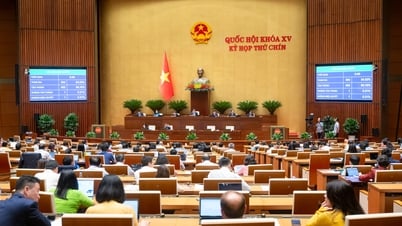

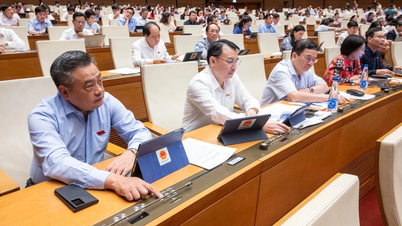

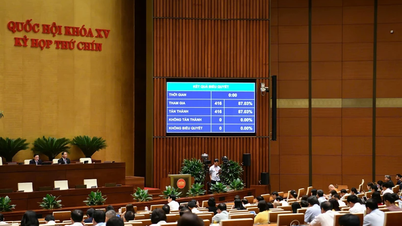

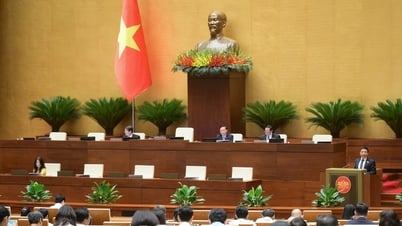

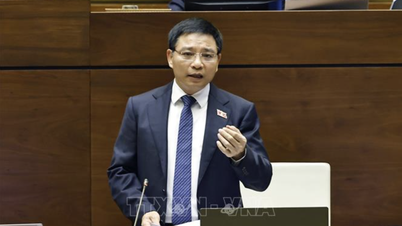






















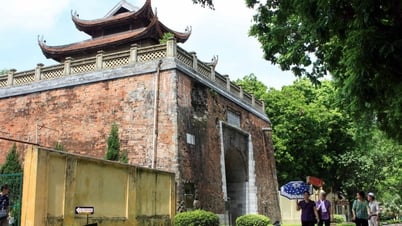


































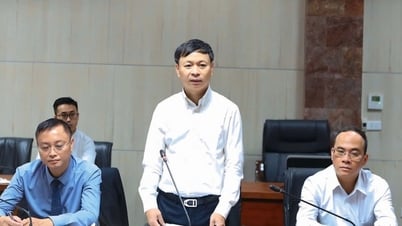





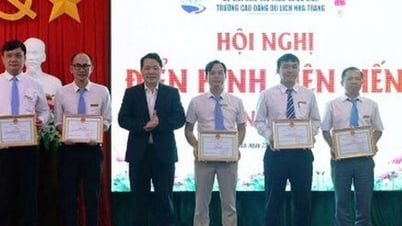



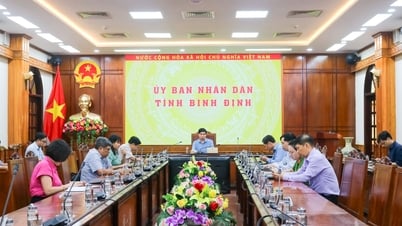
























Comment (0)